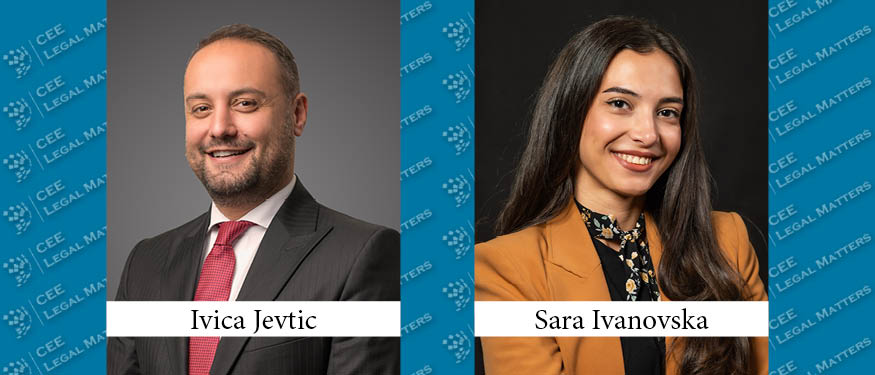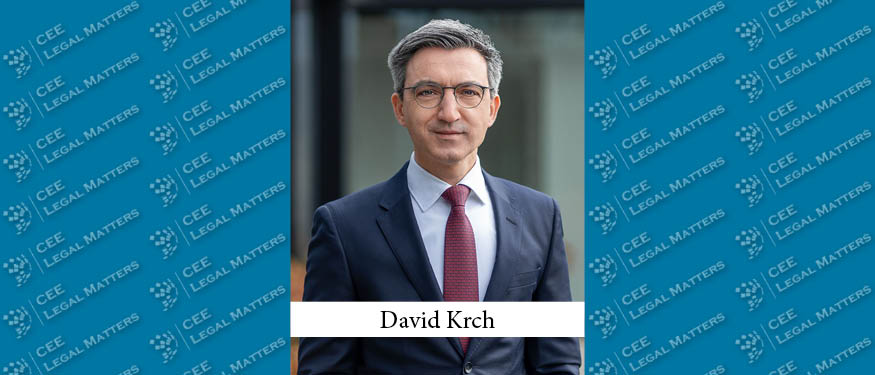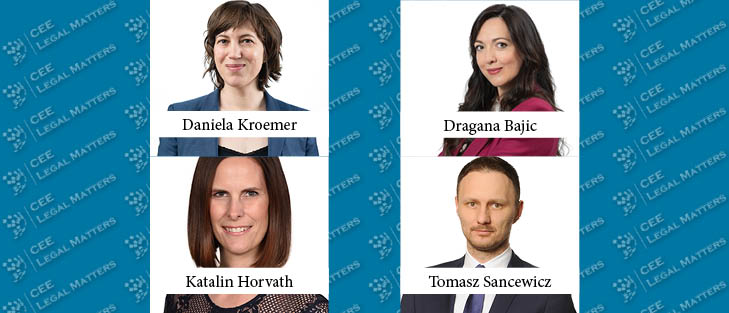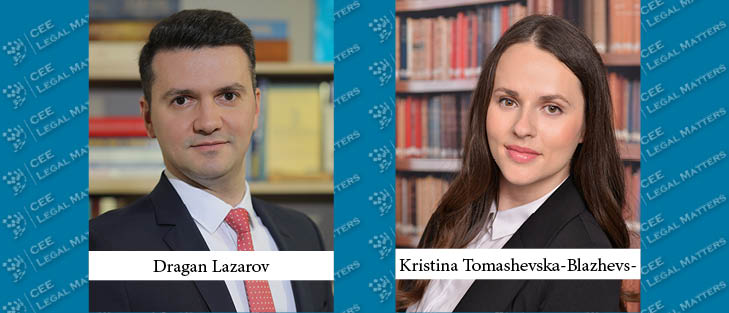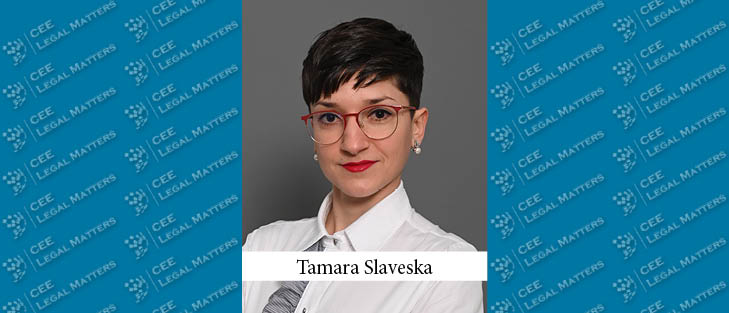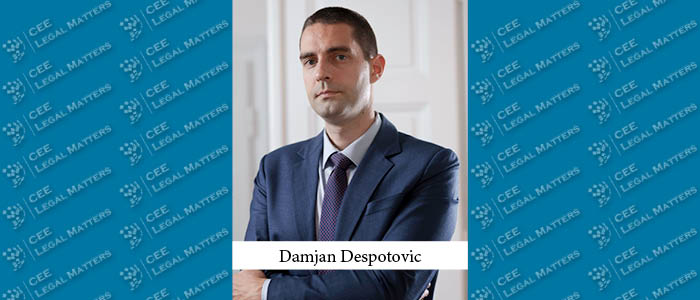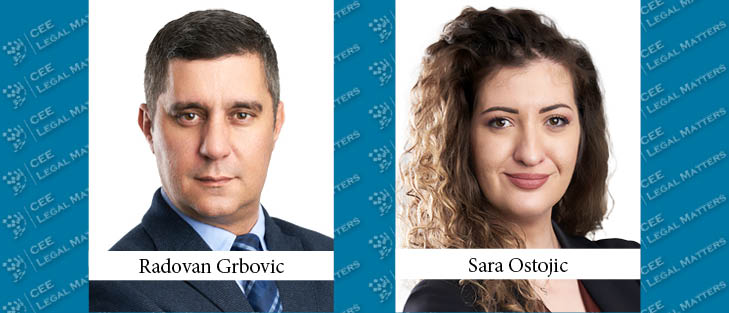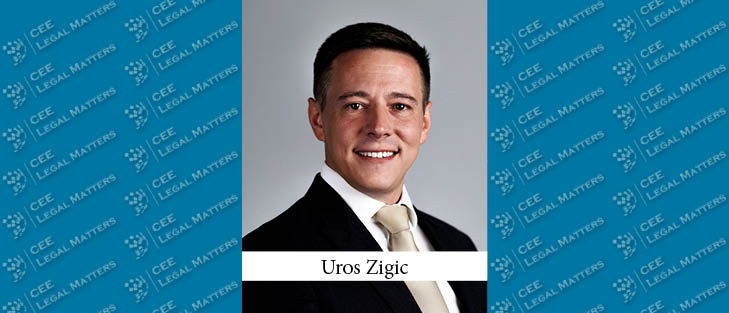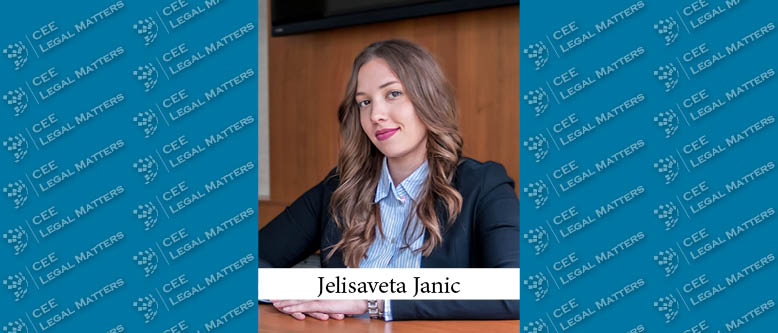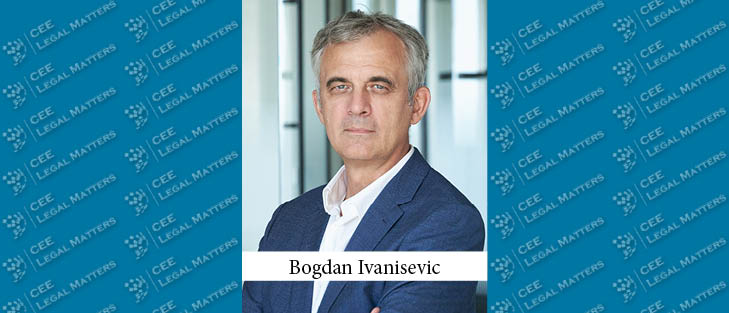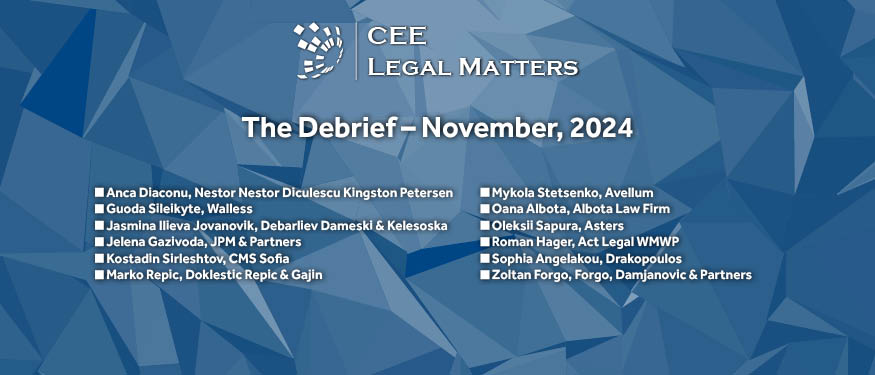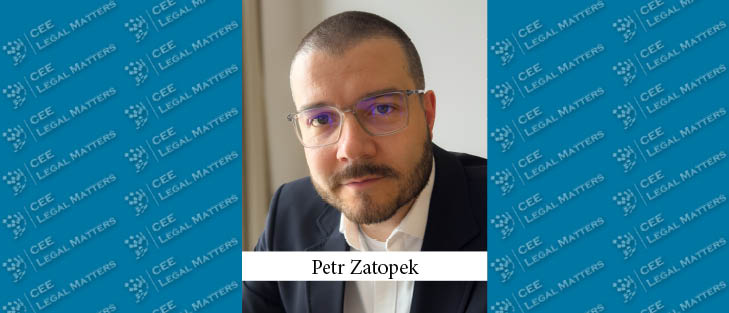In recent years, many countries have revised their tax legislation to improve and stabilize their national economies. The Republic of North Macedonia is among the countries with one of the lowest corporate tax rates in Europe, set at 10%, making it an attractive destination for investment. However, as a nation still undergoing transition and in need of new investments, the new Macedonian government believes that further reducing the tax rate will create better opportunities to attract new investments, which is crucial for improving and stabilizing the economic situation.
Romania: A New Tax Regime for Large Companies – A Big Challenge for Investors
Romania remains an attractive jurisdiction for many foreign investors across various industries, but it faces challenges related to fiscal administration and predictability. A notable example is the introduction of a new taxation regime for large companies, which became effective on January 1, 2024. Naturally, this initiative triggered several reactions from the business community. Initially, efforts were made to prevent the enactment of such legislation or to propose amendments to mitigate the envisaged fiscal impact. Subsequently, in response to the law’s implementation, companies have begun analyzing different restructuring scenarios to establish optimal business structures that would allow them to continue operating while neutralizing the fiscal burden.
Turkiye: Recent Tax Developments – Moving Toward a Stringent Tax Regime for Transfer of Immovables
Turkiye has witnessed significant tax developments in recent months, including amendments in real estate-related taxation. These changes primarily arise from the need to address budgetary concerns in the current economic climate, which has led to the repeal of certain frequently utilized tax exemption provisions. This article provides an overview of these developments and their implications for taxpayers or investors whose business structures include real estate in Turkiye.
Czech Republic: Current Specifics of Taxation of Foreign Corporations
The Czech Republic (the CR), as an OECD member state, generally speaking, has a tax system comparable to other economies. However, it does have some specificities. While in some areas, the Czech system is less strict (e.g., proving the movement of goods for VAT purposes), in other areas, the current practice in the CR is very formalistic and strict. This is the case, for example, for costs charged in a group between related parties, in particular costs for management services and marketing. Multinational groups unfamiliar with this approach from other European countries may therefore inadvertently get into a dispute with the local tax administration in the CR.
The AI Shift: How Technology is Redefining HR
CMS Partners Daniela Kroemer, Dragana Bajic, Tomasz Sancewicz, and Katalin Horvath discuss the growing role of AI in HR across CEE and delve into its current applications, regulatory challenges, and the broader impact on workplace dynamics.
North Macedonia’s PPP and Infrastructure Progress and Hurdles
In the past few years, North Macedonia has made significant strides in developing its infrastructure. Attracting foreign investors is the main strategy to finance, construct, develop, and manage essential infrastructure projects. The government also engages in PPPs, recognizing their potential to leverage private sector expertise and capital in public service delivery.
Legislative Reforms in North Macedonia: Aligning Capital Market Laws with EU Standards
The spring of 2024 marked a pivotal shift in the Macedonian financial market, with significant reforms on the horizon. As of March 2024, the related legislative framework has come under intense scrutiny, aiming to align more closely with European directives and capital market regulations. This effort has culminated in the adoption of the new Law on Financial Instruments (LFI) and the Law on Prospectus and Transparency Obligations of Securities Issuers (LPTOSI). The primary objective of these reforms is to enhance market efficiency and strengthen the stability of the financial system.
Why Is North Macedonia a Business Haven in Europe?
North Macedonia, strategically located in the heart of the Balkan Peninsula, south-eastern Europe, is a landlocked country with a unique advantage. Its position between two main European corridors, coupled with political and democratic stability and a favorable tax and regulatory framework, makes North Macedonia a promising destination for potential foreign investors. The country offers abundant possibilities, especially in greenfield investments, renewable energy, software, IT services, logistics, construction, cannabis production, agriculture, food services, tourism, etc.
Developments in Serbian Anti-Trust Practice: A High-Profile Case Against Major Retailers
On October 10, 2024, the Serbian Commission for the Protection of Competition (Commission) launched an investigation against four large retail chains – Delhaize Serbia, Mercator-S, Univerexport, and DIS – over possible anti-competitive practices, i.e., alleged retail price-fixing and coordination. The four major retailers account for over 50% of the Serbian retail market.
The Impact of Artificial Intelligence on Personal Data Protection: Challenges and Opportunities
The advancement of technologies, particularly artificial intelligence (AI), inevitably affects our daily lives and raises important questions regarding privacy protection. This article explores the key aspects of the relations between artificial intelligence and personal data protection, with a particular focus on the European Regulation on Artificial Intelligence (AI Act) in relation to the General Data Protection Regulation (GDPR), as well as the legislation of Serbia.
Serbia’s Renewable Energy Sector
Serbia’s renewable energy market is in the midst of transformation, driven by domestic reforms and international partnerships – most recently, with the governments of France and the USA in the field of energy efficiency.
What Is Hindering the Growth of the Digital Asset Market in Serbia – Regulation or Fear of Uncertainty?
Excitement was high when, just over three years ago, the Law on Digital Assets came into effect, positioning Serbia as a pioneer among countries recognizing the development opportunities of advanced technologies that lacked a regulatory framework to reach their full potential. This was followed by a protracted period of enacting secondary legislation, alongside global macroeconomic turbulence, which inevitably impacted the development of industries and markets, especially those that are “young” and insufficiently mature. Despite the enthusiasm and efforts of the local Web3 community and advocates for using digital assets as a tool to boost the national economy, these hurdles appear to have significantly slowed the anticipated growth.
The Future of Finance in Serbia: How Legislative Changes in Payment Services, Banking, and Consumer Protection Will Impact the Market
The Serbian financial sector is undergoing significant changes, with recent and upcoming legislative reforms set to reshape its landscape. The Payment Services Law, adopted on July 31, 2024, introduces key regulatory updates aimed at modernizing payment systems and aligning them with European standards. Additionally, amendments to the Banking Law and the new Financial Consumer Protection Law are expected to be adopted soon, further strengthening the regulatory framework. Together, these changes are expected to have a profound impact on market participants, from traditional banks to fintech companies, as well as consumers, who stand to benefit from enhanced protections and greater transparency.
New Legal Framework on the Horizon for Cybersecurity in Serbia
By the spring of 2025, Serbia will likely have a new cybersecurity law. The law is aimed at bringing the national legal framework in line with that in Europe as expressed in the NIS2 Directive (2022). The draft law that passed the process of the public consultation in 2023 and underwent minor additional changes in 2024 (Draft Law) nevertheless differs from NIS2 in certain important aspects.
Deal Expanded: Aratiden – The Largest Renewable ESG Project in Bulgaria to Date
On June 3, 2023, CEE Legal Matters reported that CMS helped Global Biomet obtain a license for a photovoltaic plant in its portfolio – the 100-megawatt AC capacity Aratiden project – before the Bulgarian State Energy and Water Regulatory Commission. With it now successfully completed, CMS Sofia Partner Kostadin Sirleshtov reflects on the project.
The Debrief: November, 2024
In The Debrief, our Practice Leaders across CEE share updates on recent and upcoming legislation, consider the impact of recent court decisions, showcase landmark projects, and keep our readers apprised of the latest developments impacting their respective practice areas.
Guest Editorial: Re-Shaping the Legal Landscape to Clients’ Needs – Truth or Fantasy?
Over the past five years, I have had the privilege of serving as a legal manager for clients across diverse industries, providing me with a unique perspective on the evolution of legal technology and the broader digital transformation within the legal sector. While it is true that the legal profession tends to be a late adopter of new technologies due to its inherent conservatism, I see a significant and positive shift in recent years.
Looking In: Marc van Campen of Van Campen Liem
In our Looking In series, we talk to Partners from outside CEE who are keeping an eye on the region (and often pop up in our deal ticker) to learn how they perceive CEE markets and their evolution. For this issue, we sat down with Marc van Campen, Partner at Van Campen Liem in Amsterdam.

